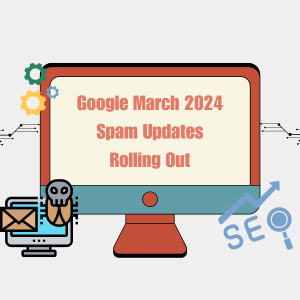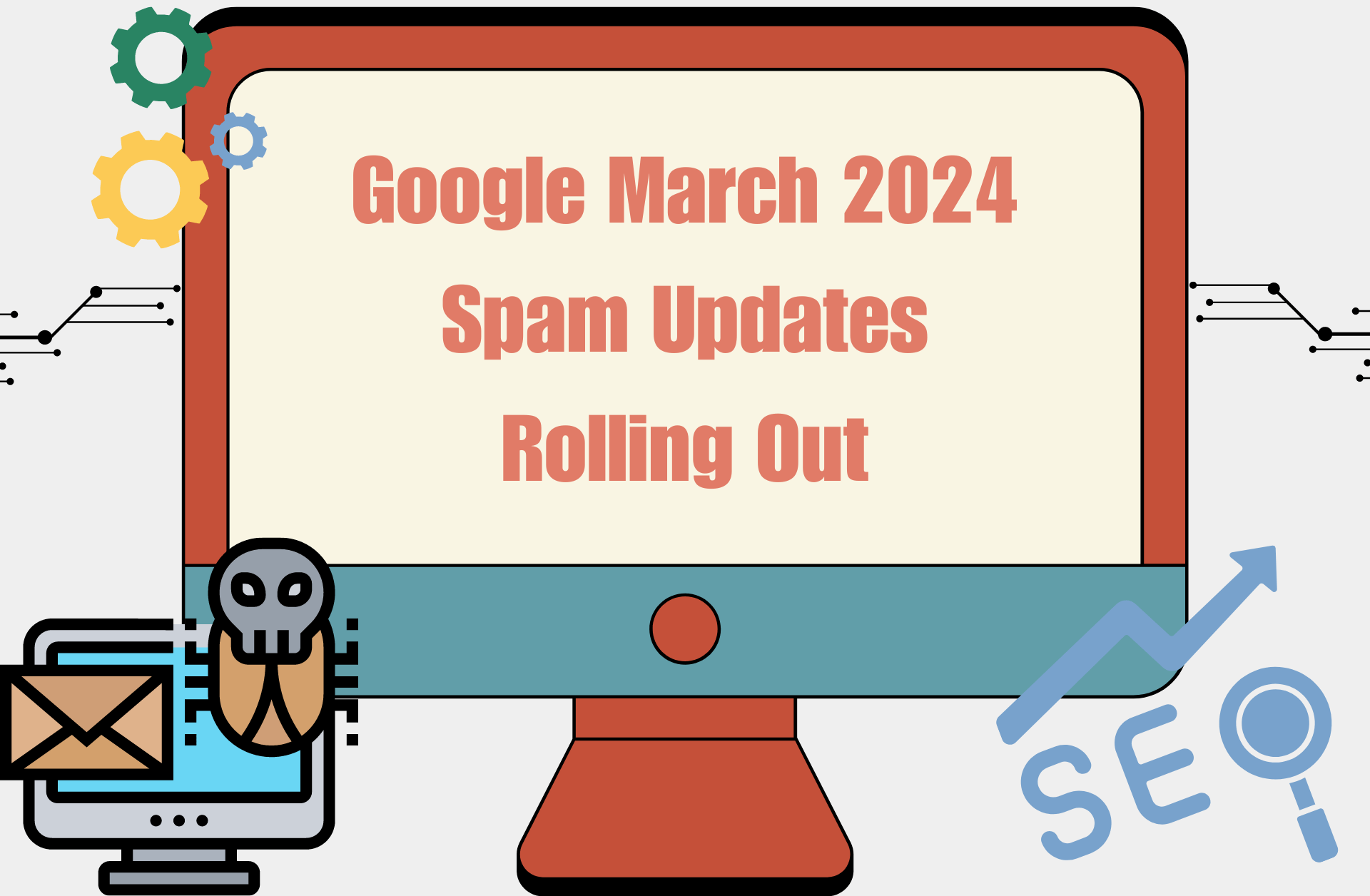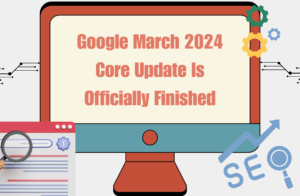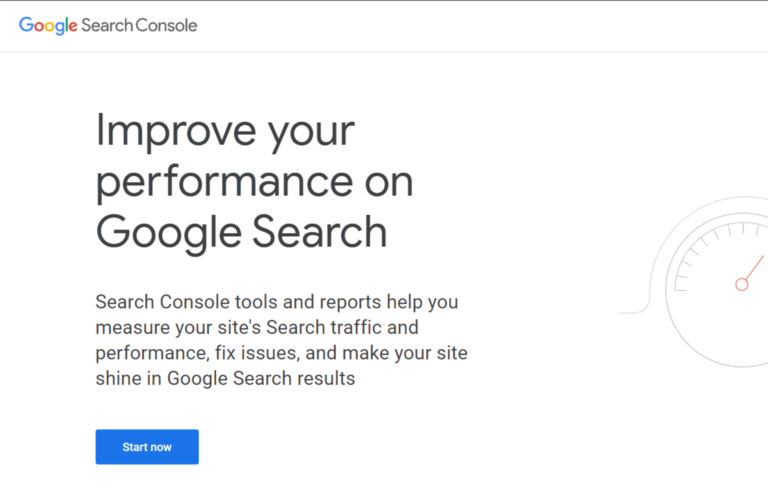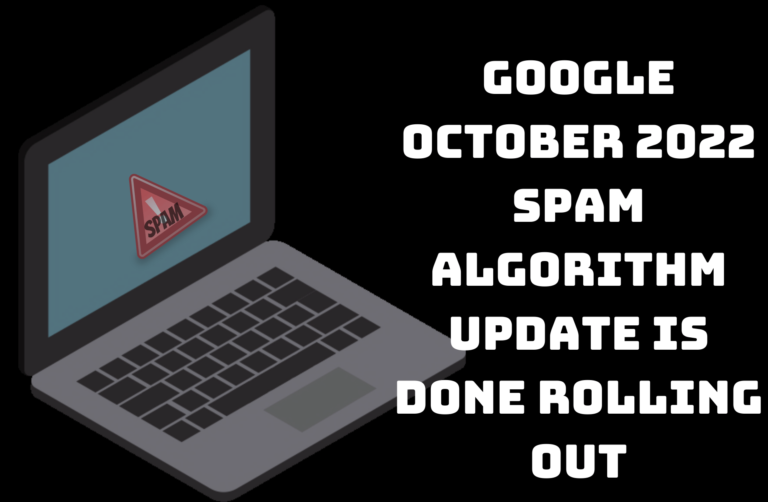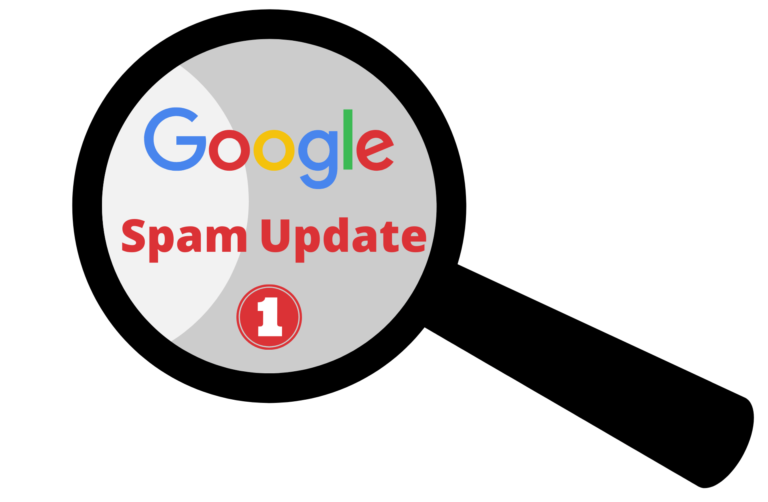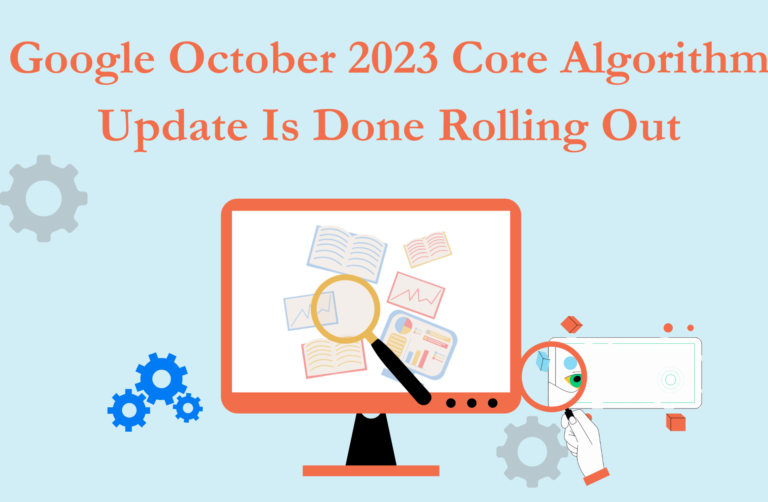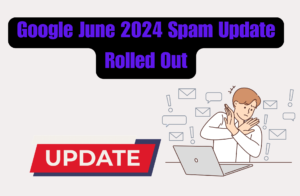Google releases its new update, called the March 2024 spam update.
This update will take two weeks to completely roll out.
Currently, another update is rolling out, which is the March 2024 core update.
Table of Contents
Official Announcement on Google March 2024 Spam Update
Google officially confirmed the march 2024 spam update on its twitter handle as well as on Google Search Status Dashboard.
Today we announced the March 2024 core update & new spam policies that, in combination, are designed to show less content made to attract clicks and more content that people find useful. Learn more: https://t.co/wQVZ8mExRB
— Google Search Central (@googlesearchc) March 5, 2024
Quick Facts on Google March 2024 Spam Update
- Title: Google March 2024 Spam Update
- Release Date: March 5, 2024
- Rollout Duration: It will take two weeks to fully roll out.
- Global Update: It will impact all languages and regions.
- Targets: It will target scaled content abuse, site reputation abuse, and expired domain abuse.
- Penalty: It penalizes spam techniques that are against Google’s spam policies.
Detailed Analysis of March 2024 Spam Update
New and improved spam policies
Alongside its primary objective, Google is revising its spam policies to eliminate the “lowest-quality” content from search results.
Elizabeth Tucker, Director of Product for Search at Google, said, “We’re updating our spam policies to keep the lowest-quality content out of Search, like expired websites repurposed as spam repositories by new owners and obituary spam.”
She also, said,” We’ll take action on more types of these manipulative behaviors starting today. While our ranking systems keep many types of low-quality content from ranking highly on Search, these updates allow us to take more targeted action under our spam policies.
1. Scaled content abuse
Google is reinforcing its policy against utilizing automation to produce low-quality or unoriginal content at scale, aiming to manipulate search rankings.
The updated policy focuses on, abusive behavior of producing content at scale to boost search ranking — whether automation, humans, or a combination are involved.
She stated, “This will allow us to take action on more types of content with little to no value created at scale, like pages that pretend to have answers to popular searches but fail to deliver helpful content.”
Google posted two FAQs on this topic:
A. Is this a change in how Google views AI content in terms of spam?
Ans: Our long-standing spam policy has been that use of automation, including generative AI, is spam if the primary purpose is manipulating ranking in Search results. The updated policy is in the same spirit of our previous policy and based on the same principle. It’s been expanded to account for more sophisticated scaled content creation methods where it isn’t always clear whether low quality content was created purely through automation.
B. What’s different from the old policy against “automatically-generated content” and the updated policy against “scaled abuse”?
Ans: Our new policy is meant to help people focus more clearly on the idea that producing content at scale is abusive if done for the purpose of manipulating search rankings and that this applies whether automation or humans are involved.
2. Site reputation abuse
Google takes on the issue of site reputation abuse, wherein reputable websites host low-quality third-party content to capitalize on the hosting site’s strong reputation.
Google shares the following example of site reputation abuse:
For example, a third party might publish payday loan reviews on a trusted educational website to gain ranking benefits from the site. Such content ranking highly on Search can confuse or mislead visitors who may have vastly different expectations for the content on a given website.
Moving forward, Google will classify such content as spam, categorizing it as very low-value, 3rd-party content produced primarily for ranking purposes and without close oversight of the website owner.
Google posted two FAQs on this topic:
A. What ranking signals does a site have?
Ans: Our core ranking systems are primarily designed to work on the page level, using a variety of signals and systems to understand how to rank individual pages. We do have some site-wide signals that are also considered. Please note: some third-party services provide “reputation” or “authority” scores for sites. These don’t correspond to any of Google’s own signals nor come from Google.
B. My site has a coupon area that we produce in part by working with a third party. Is this considered spam?
Ans: Many publications host coupons for their readers. If the publication is actively involved in the production of the coupon area, there’s no need to block this content from Google Search. Readers should clearly understand how the publication sources its coupons and how it works to ensure that the coupons provide value to readers.
3. Expired domain abuse
Google also targets expired domains in its updated spam policies, which involve purchasing expired domains and repurposing them to enhance the search ranking of low-quality content.
This practice can mislead users into believing that the new content is associated with the old site.
Note: Such practices with expired domains with the aim of enhancing the search ranking of low-quality content are now classified as spam.
Tracking Tools On March 2024 Spam Update:
Here’s the initial data from the tools (please note that it will take some time for this update to fully roll out)
Other Updates
- Google November 2023 Core Update Finished Rolling Out
- Google Rolls Out November 2023 Core Update
- Google October 2023 Core Algorithm Update Is Done Rolling Out
- September 2023 Helpful Content Update Rolled Out
- Google September 2023 Helpful Content Update
- Google Releases August 2023 Core Update
- Social Media Image Posting Sizes Guidelines For 2023
- Learn New Ways To Use ChatGPT For SEO
- Is Fresh Content A Google Ranking Factor?
